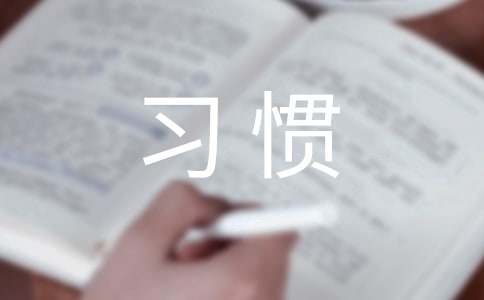- 相關(guān)推薦
“中國人習(xí)慣打包帶回家嗎”對話練習(xí)
引導(dǎo)語:大家吃完飯會(huì)打包嗎,以下是百分網(wǎng)小編分享給大家的“中國人習(xí)慣打包帶回家嗎”對話練習(xí),歡迎閱讀!

AMorgan, can I ask you a question?
摩根,我可以問你一個(gè)問題嗎?
BSure, what is it?
當(dāng)然可以,什么事?
AI was just wondering if many Chinese people take their leftover food home from a restaurant.
我想知道中國人在飯館吃完飯之后,會(huì)不會(huì)把沒吃完的東西打包帶回家.
BIn most cities in China, doogie bags are quite uncommon.
中國大多數(shù)城市的人都很少打包的.
AWhat happen to all the leftover food?
那剩飯剩菜怎么處理呢?
BIt usually goes to the dump.
一般就倒掉了.
AThat seems like an awful waste! Why don't people order fewer dishes so that they don't have to throw so much away at the end of the meal?
那可太浪費(fèi)了!大家為什么不少點(diǎn)一些菜呢,這樣就可以避免吃完飯后剩下太多了.
BOrdering a lot of food at restaurants is just a tradition in China. You know, in the past, people could not afford to eat out like they can today.
在飯館吃飯點(diǎn)很多菜是中國人的一項(xiàng)傳統(tǒng)習(xí)慣.要知道,過去人們可不像現(xiàn)在這樣什么都能吃得起.
AI guess that makes sense. I just think it would make more sense to take the leftovers home.
你這么解釋我就明白了.我只是覺得把剩菜打包會(huì)更好.
BWell, if you want, you can take the leftovers home.
嗯,如果你愿意,你就打包帶回去吧.
ANo, that's OK. You know what they say when in Rome…
不用,沒關(guān)系的.你知道俗話說的好:入鄉(xiāng)…(隨俗)
BI was impressed that you tried the pig's feet. I heard that many foreigners don't like to eat them.
你敢吃豬蹄我很驚訝.我聽說很多外國人都不愛吃這個(gè).
AMany people in my generation don't eat pig's feet, but my parents grew up eating them, so I think they are OK.
我這一代的人不怎么吃豬蹄,不過,我父母他們小時(shí)候常吃,所以我覺得吃這個(gè)也無所謂.
BDid you like them? You could take the last one home with you.
你覺得好吃嗎?你可以把最后一個(gè)帶回家.
AThat's OK. I'll try anything once, but sometimes, once is enough!
還行.我一般什么東西都會(huì)嘗嘗,不過,有的東西吃一次就足夠了.
【“中國人習(xí)慣打包帶回家嗎”對話練習(xí)】相關(guān)文章:
“和中國人吃飯時(shí)要謙虛”對話練習(xí)08-31
英語對話練習(xí):享受旅行09-06
“點(diǎn)餐”情景對話練習(xí)07-31
“遛鸚鵡”英語對話練習(xí)10-18
英語日常口語對話練習(xí)10-21
合適日常的口語對話練習(xí)10-08
英語口語練習(xí)對話10-08